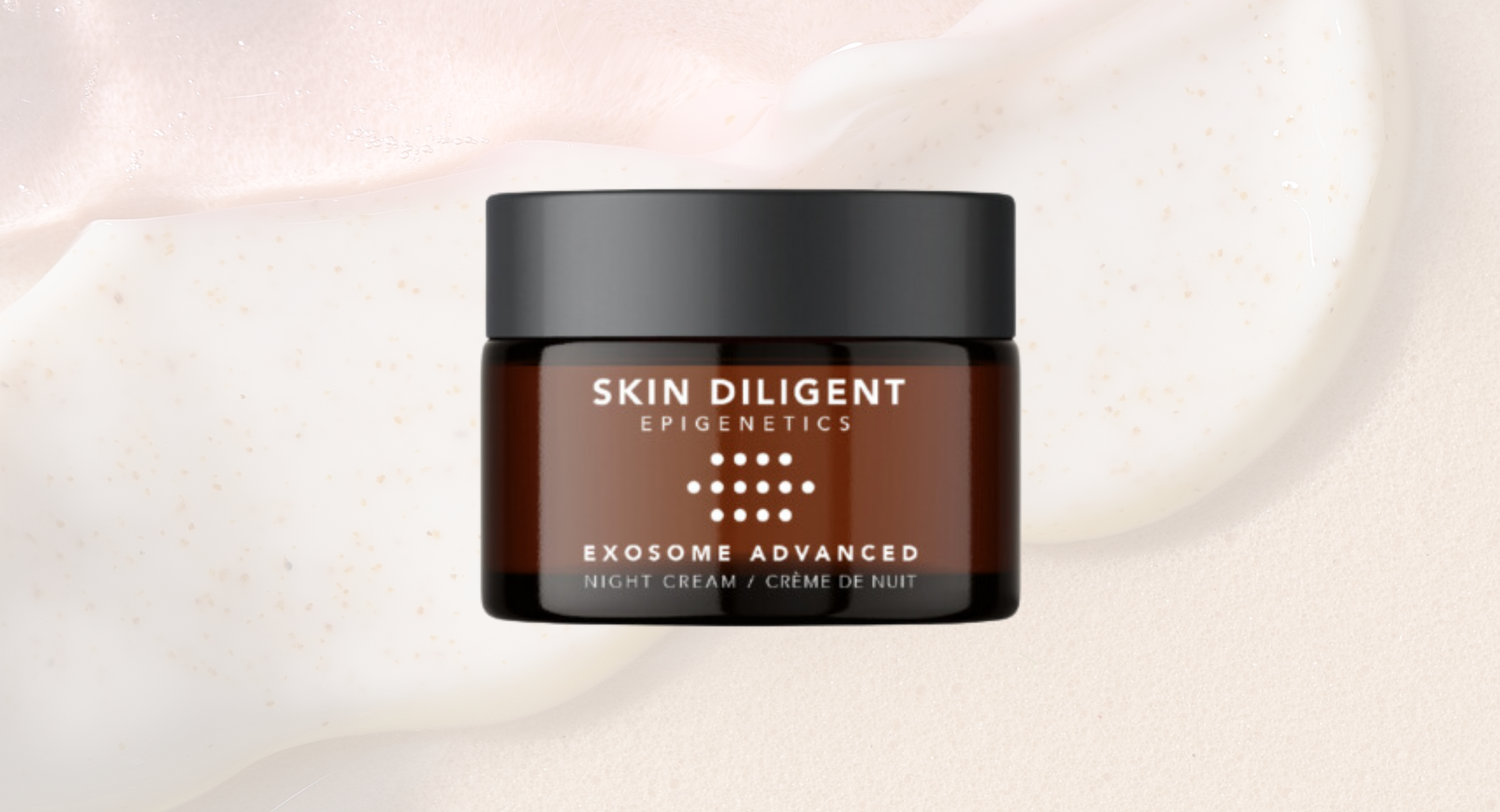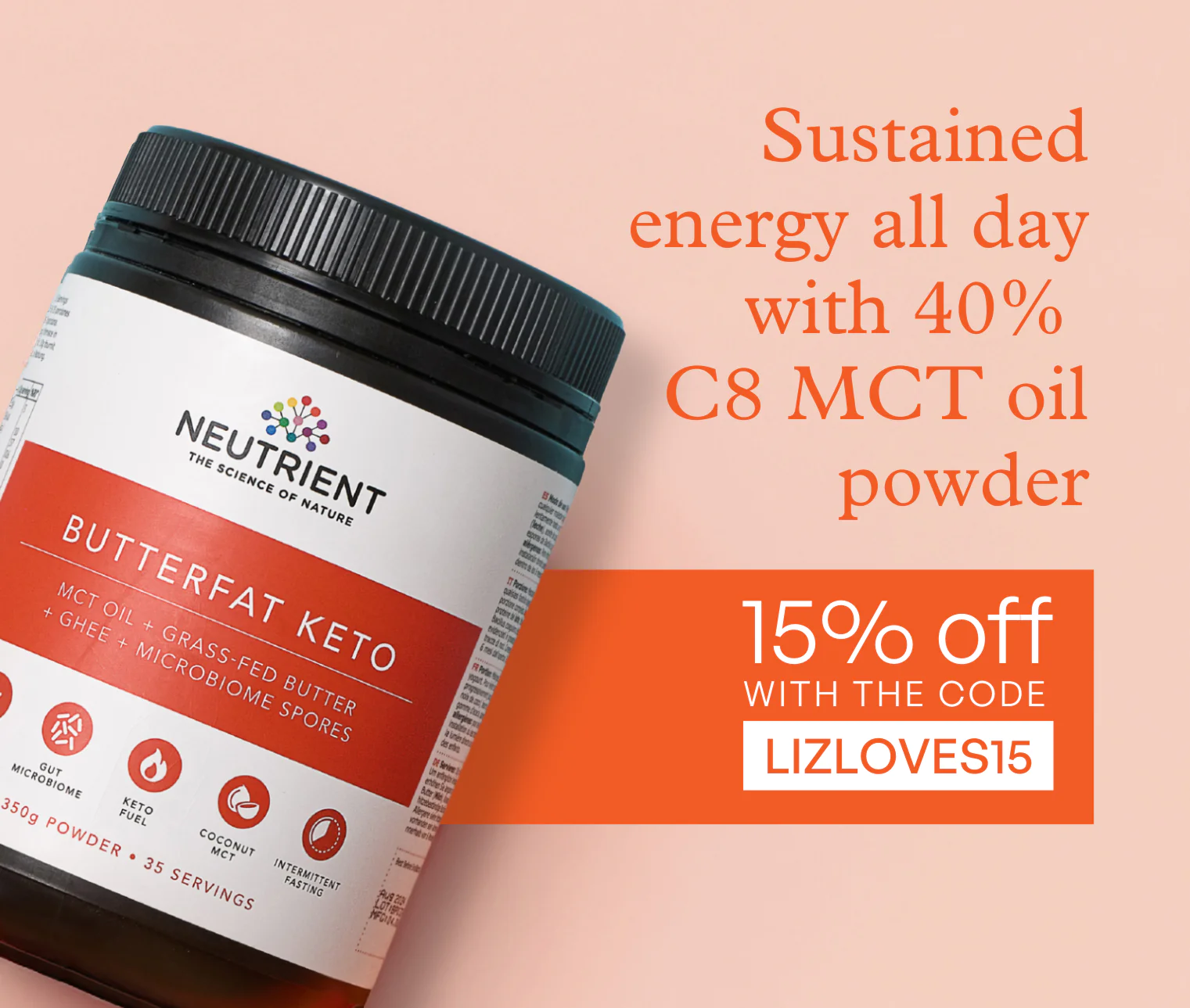Healthy Skin
Does retinol do more harm than good?
Are we putting vanity above our skin’s health when reaching for retinol? Editorial Director Ellie Smith asks the experts.
Take a peek in any skincare aficionado’s bathroom and you’re likely to find a retinoid. Often dubbed the ‘gold standard’ in anti-ageing skincare, they make light work of stimulating collagen production and speeding up cell turnover for a brighter, smoother complexion.
It’s no wonder, then, that skincare brands have included retinoids by the bucketload in their serums and creams. The data is clear – they really do work.
Retinoids are not without their disadvantages, however. “They have become a silver bullet for many […] but there are concerns about toxicity, painful side effects and longer term inflammation, which are making experts more cautious,” says Dr Lubna Khan-Salim, a Yorkshire-based aesthetic surgeon. “Retinoids can also cause dryness, irritation, sensitivity to sunlight and, in some cases, exacerbate acne and eczema.”
That’s not to mention new EU legislation that is set to limit over-the-counter retinol to concentrations of 0.3% for the face and 0.05% for the body.
So, why have these restrictions been put in place and might retinol be doing more harm than good after all? We’ve asked the experts to set the record straight.
What are retinoids?
Retinoids are a family of skincare ingredients derived from vitamin A. They include over-the counter varieties – such as retinol, retinal and HPR – as well as prescription-strength creams.
“Tretinoin, the prescription retinoid that is most widely used today, came into existence in the 1950s and was researched heavily for treating signs of ageing from the 1980s,’ explains Dr Sophie Shotter, a Harley Street aesthetic doctor. “There is no other ingredient that has been around for this long and so retinoids have had the opportunity to build up a vast bank of data and evidence for anti-ageing.”
What are the benefits of retinoids?
Retinoids offer a number of benefits that stem from three key physiological effects, says Dr Shotter. “One is that retinoids stimulate fibroblast cells to produce more collagen and elastin, so that the skin is firmer and more plump with less fine lines and wrinkles and improved texture.”
The second is increased cell turnover. This results in better exfoliation and smoother, brighter skin, Dr Shotter explains. Finally, retinoids reduce sebum production, which can help to combat oily skin, breakouts and acne.
Can retinoids do harm?
Yes, if used improperly, the experts say.
“I see first-hand in my clinic people who are using retinoids improperly and as a result their skin barrier has been damaged and their skin is suffering,” says Dr Khan-Salim. “It’s a powerful ingredient that can actually do more harm than good if used in the wrong quantities, at the wrong strengths or on the wrong skin type.”
There may also be an ‘inflammageing’ cost associated with retinoid benefits, she adds: “New molecular studies show that, while retinol significantly increases a biomarker associated with collagen production (COL1A1), it can also create a tenfold increase in a biomarker linked to ageing (CDKN2A).”
Dr Sophie Shotter also sees the results of improper retinoid use in her clinic.
“Not just in patients who’ve bought over the counter,” she explains, “but also in those who’ve bought from clinics. I think the problem lies largely in education, as well as in some of the formulations available.”
Why has the EU introduced new retinol regulations?
While retinol has long been linked to skin irritation, this is not the reason EU legislation has been put into place to restrict over-the-counter doses.
“We all need vitamin A to survive but too much vitamin A has been linked to health concerns such as birth defects and liver dysfunction,” Dr Khan-Salim explains.
While the vast majority of our vitamin A intake comes from food and/or supplements, a EU Scientific Committee report suggests high-dose retinol skincare products may contribute to ‘hypervitaminosis’ in those who are already at risk.
For Dr Khan-Salim, these changes are a step in the right direction. “Higher strength retinol will still be available but via prescription where levels can be closely monitored and only prescribed in cases where suitable for skin,” she explains.
Dr Shotter feels torn about the new legislation: “I feel the restriction is a little too tight for facial products (0.3%) and will vastly decrease accessibility to an excellent, evidence based ingredient. But I do think some form of regulation was important – it could have been less stringent but tied together with better consumer education.”
Key to better understanding retinoids, she says, is appreciating that stronger isn’t always better. “The percentage concentration is only part of the picture. We’ve seen many brands increasing the percentage of retinol without investing in effective delivery mechanisms. So yes irritation and a compromised skin barrier can be an issue.”
Does everyone need a retinoid?
“No. They’re not good for people with sensitive or sensitised skin in general,” says Dr Shotter. “If you have a compromised skin barrier for any reason, this should be addressed before incorporating a retinoid into your routine.
“Some people with inflammatory skin conditions like rosacea or eczema may never be able to use a retinoid and that is ok – healthy skin is most important.”
Dr Lubna agrees: “For people with sensitive skin they should be approached with extreme caution.”
How can we use retinoids safely?
Both experts agree that starting low and slow is the best approach.
“0.3% is a perfectly appropriate starting point,” says Dr Shotter. “Start by applying just twice a week for a fortnight, then increase to alternate nights for 2 more weeks, and then increase to every night if this is tolerated.”
Dr Khan-Salim recommends seeking expert advice if we’re new to this ingredient. “It’s important to ascertain if it’s right for your skin,” she explains. “There’s an art to using retinoids so starting them under supervision is important.”
What are the alternatives to retinoids?
If we find that retinoids aren’t for us, there are plenty of science-backed alternatives to choose from.
Bakuchiol is a great option, says Dr Shotter. “In clinical studies it has excellent results – it’s also suitable for use twice daily and by pregnant women who can’t use retinoids.
“Peptides can also be excellent. These can really help to stimulate the clear out of ‘dead’ collagen and the production of new collagen fibres. My go to is by Alastin.”
Dr Khan-Salim recommends exosomes. “These are showing huge promise when it comes to stimulating collagen and elastin production,” she explains. “When injected or used topically, they help skin behave like younger skin – treating ageing from the inside out.”
The best evening skin serums
Whether you’re after time-tested retinol or a gentler alternative, we’ve got you covered. Here’s our pick of the very best in skin science that can rejuvenate skin while we sleep.
La Roche Posay Redermic R | £37
Start low and slow with 0.3% retinol to reduce the appearance of wrinkles and pigmentation.
Living M Super A Retinol Sleep Cream | £45
This clever formula has been designed with menopausal skin in mind – it features 0.5% encapsulated time released retinol alongside skin-strengthening ceramides and hyaluronic acid. Use code LIZLOVES for 21% off.
KELSEY Midnight Reset Overnight Sleeping Balm | £50
Retinoids not for you? Try this powerful overnight balm enriched with lavender, raspberry seed oil, hyaluronic acid and fermented probiotics for optimum overnight renewal. Use code LIZLOVES for 15% off.
Skin Diligent Exosomes Advanced Night Cream | £79
You’ve heard it here first – exosomes are the future of skincare. More of a delivery mechanism than an ingredient, they deliver lipids and proteins directly into skin cells, signalling that it’s time to hydrate, regenerate and repair.
The Klira Special | from £49
Not sure which ingredients are right for you? Opt for a personalised prescription cream, designed with your skin in mind.
Made of More Night | £85
Good skin starts with healthy fats. Formulated with hormonal skin in mind, this luxurious cream stars nourishing hemp seed oil (rich in omega 3, 6 and 9), lactic acid to gently encourage cell turnover and peptides to counteract skin laxity. Use code LIZLOVES for 20% off.
Read more in Beauty
- Meet HPR: the next-gen retinoid delivering results without irritation
- 5 surprising skin changes that could indicate you’re perimenopausal
Please note, on some occasions, we earn revenue if you click the links and buy the products, but we never allow this to bias our coverage and always honestly review. For more information please read our Affiliate Policy.











